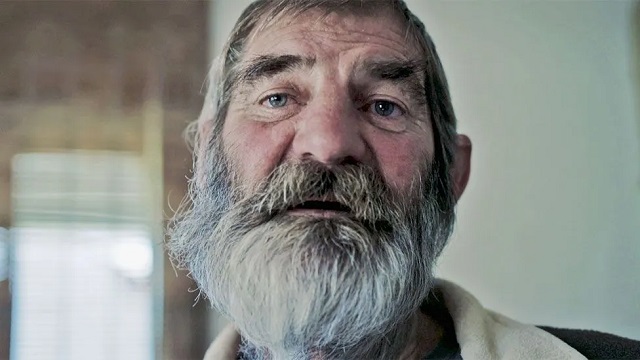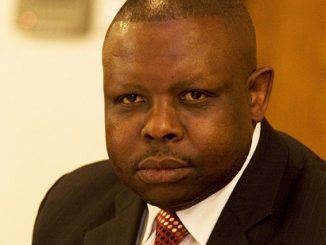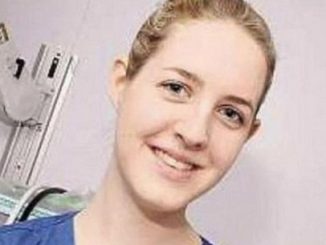
Louis van Schoor, a convicted mass murderer in South Africa known as the “Apartheid Killer”, has died.
The 72-year-old had been in hospital with an infection in his leg. His daughter told the BBC he died on Thursday afternoon “due to complications from sepsis”.
Van Schoor’s death came less than a week after a BBC investigation into his past, which exposed horrific new details about a series of killings he carried out in the late 1980s during the final years of white-minority rule.
The sister of one of his victims has told the BBC she hopes the police will re-open the cases for investigation despite his death.
At a time when the racist apartheid system imposed a strict hierarchy that privileged white South Africans, Van Schoor was operating as a private security guard in the coastal city of East London.
Between 1986 and 1989, he shot and killed at least 39 people. All of his victims were black and the youngest was just 12 years.
In 1991, Van Schoor was arrested and later convicted on seven charges of murder, but he was released on parole after serving just 12 years in jail.
At least 32 of his killings are still classified as “justifiable homicides” by the police.
In his lifetime, Van Schoor claimed that all his victims were criminals who he caught “red-handed”.
He relied on apartheid-era laws that gave people the right to use lethal force against intruders to maintain his innocence.
But the BBC’s report raised serious questions about these so-called “justifiable” shootings.
It included extensive interviews with Van Schoor in which he described his activities as “exciting” and “hunting”, and where he made a series of allegations about the involvement of the police in his activities in the 1980s.
The BBC also reviewed long-forgotten archival documents, including witness statements by multiple survivors of Van Schoor’s shootings, who gave graphic accounts of him gunning them down after they had surrendered.
“He picked me up and propped me up against a table and then he shot me again,” said one survivor, who was 14 years old at the time.
There is no statute of limitations for murder in South Africa and many relatives of victims still have hopes of launching criminal or civil lawsuits in pursuit of justice.
Marlene Mvumbi, whose brother Edward was killed by Van Schoor in 1986, was shocked to hear of his sudden death.
“He got off easy!” she said. “I hope they still re-open these cases. The families deserve justice. We got nothing and the pain is still the same.”
In 2021, Van Schoor had both his legs partially amputated following circulatory complications.
His hospitalisation a month ago, in the same East London hospital where many of his victims were taken, was due to an infection in the remains of one of his limbs.
Sepsis develops when the body’s immune system overreacts to an infection and starts attacking its own tissues and organs.
Van Schoor’s family said his condition deteriorated rapidly once sepsis set in, despite the best efforts of hospital staff.
In his final interview with the BBC, Van Schoor denied that he was a “serial killer”, but also said he had “no remorse” and “no guilt” for his past actions.
Isa Jacobson, a journalist and filmmaker who has spent 20 years investigating his case, says it is essential that killers from the apartheid era continue to be scrutinised – before it is too late.
“I think that we only know a small percentage of the killings that occurred in this country,” she said.
“People that hold the truth in their minds are dying… The longer we wait, the harder it will be to have that truth revealed.”
The Apartheid Killer, watch on iPlayer (UK only)
Outside the UK, watch on the BBC Africa YouTube channel.
Source: bbc.co.uk






Be the first to comment